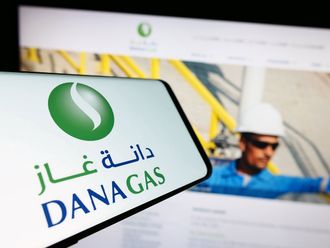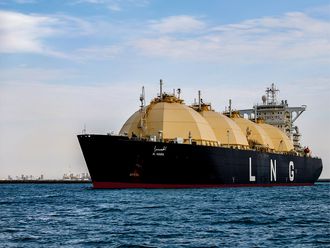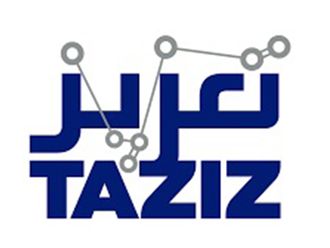Dubai: The $8 billion (Dh29.36 billion) energy deal promoted by UAE-based upstream energy explorers Dana Gas and Crescent Petroleum bringing in two European rivals - Hungary's MOL and Austria's OMV - has raised a lot of eyebrows among global players, while also raising hopes among European consumers.
The gas deal is aimed at feeding surplus gas to Europe through a $10 billion Central Asia-European gas pipeline. In an initiative dubbed the Nabucco project, Middle East and Caspian natural gas sources will be routed to Europe through a new gas pipeline.
However, Baghdad has already rejected the deal on technical grounds, saying that it has not been approved by the Iraqi Central Government.
Badr Jaffar, executive director of Crescent Petroleum, told Gulf News, "We are absolutely certain of the legal, technical and moral correctness of our investment projects that will bring economic and social benefits for all the people of Iraq and in line with the local laws and the Constitution, regardless of the short-term politics."
Dana Gas and Crescent Petroleum on Sunday signed an agreement to divest a 10 per cent stake to MOL and OMV respectively in the Iraqi gas project, Pearl Petroleum. As part of the agreement, OMV will pay Dana Gas and Crescent $350 million that will be re-invested in the Khor Mor and Chemchemal development. MOL will become a 10 per cent shareholder in Pearl Petroleum and, in return, Dana Gas and Crescent will each obtain a three per cent shareholding in MOL.
"Dana Gas' projects in Kurdistan have been approved by the Regional Authority of Kurdistan, although there has been tension between the Regional Authority of Kurdistan and Baghdad on the legality of these agreements," a report issued by Nomura Equity Research said yesterday.
"Last year, Iraqi Prime Minister Nouri Al Maliki accused the Regional Authority of Kurdistan of multiple violations of the Constitution, while there is some uncertainty as to whether existing agreements with companies and the Regional Authority of Kurdistan would be valid under any Iraqi hydrocarbon law," the report said.
However, the Iraqi federal oil ministry announced that it will allow Northern Iraq to start exporting crude oil in June to world markets in a move that will boost badly needed oil export revenues for Baghdad.
"We believe that this is a significant step for the fiscal terms for producers in Iraqi Kurdistan such as Dana Gas and that it sets a precedent for new contracts. In the past, there has been concern by some observers that the Iraqi government would not recognise the existing contracts in Iraqi Kurdistan, potentially restricting contract renewals/expansions and reserve booking..." the report said.












